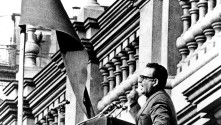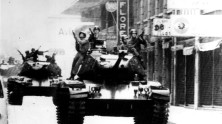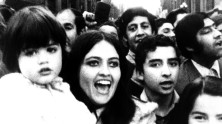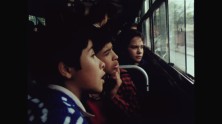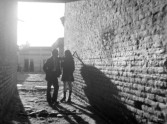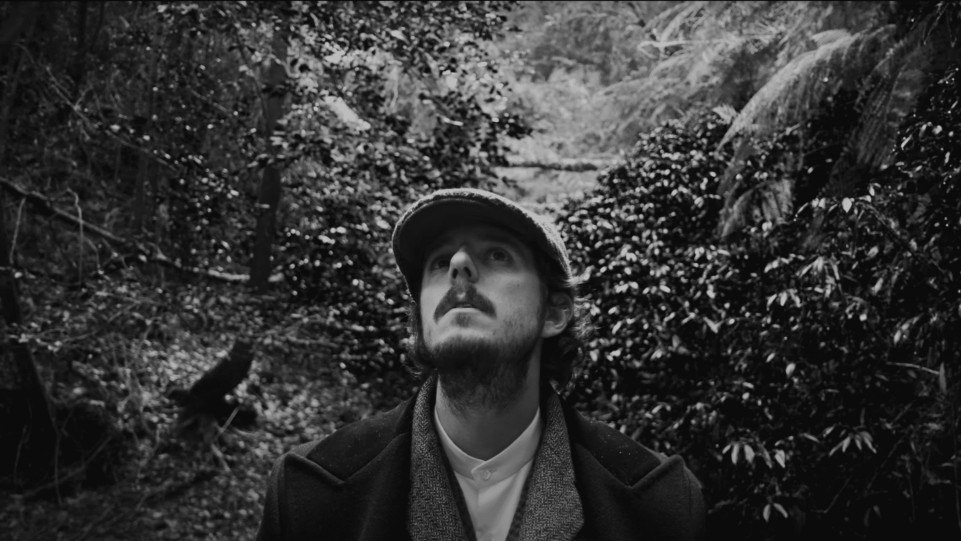
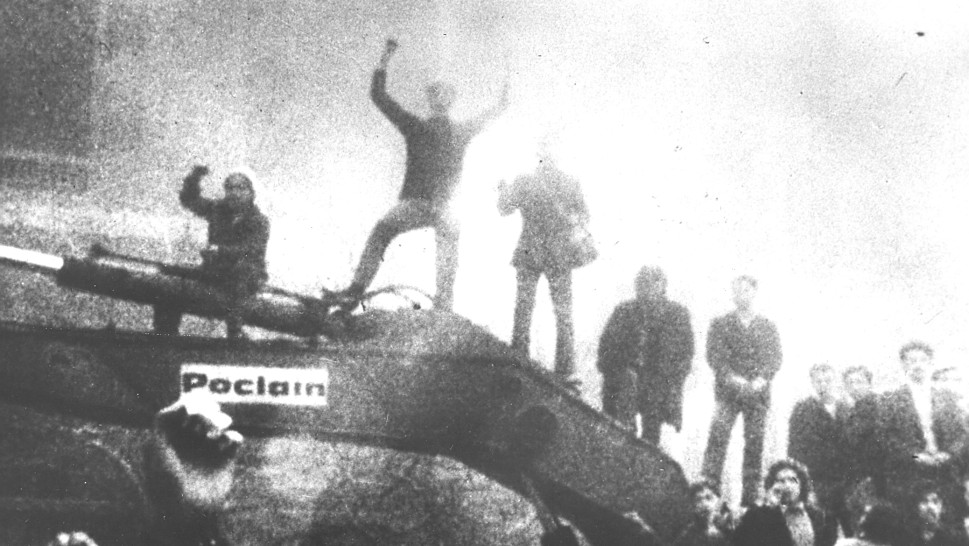
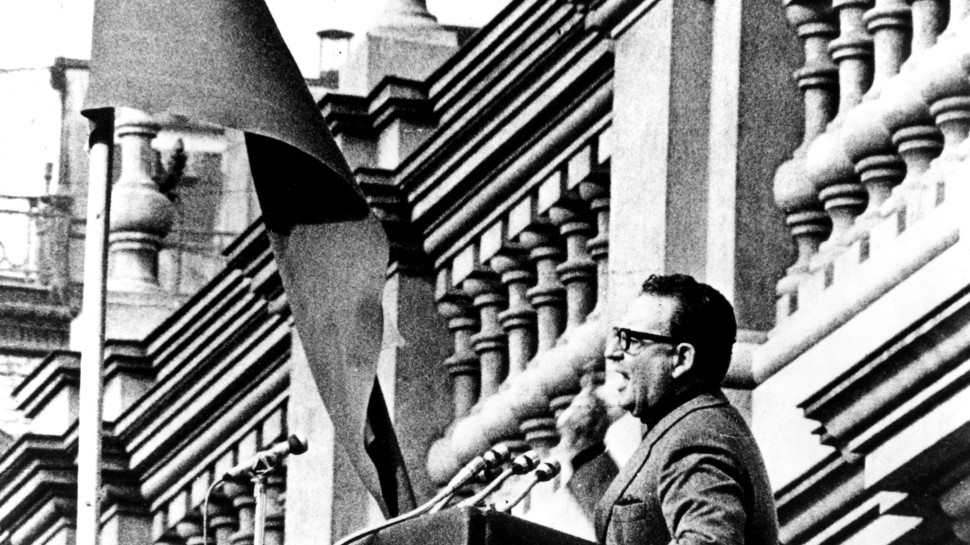
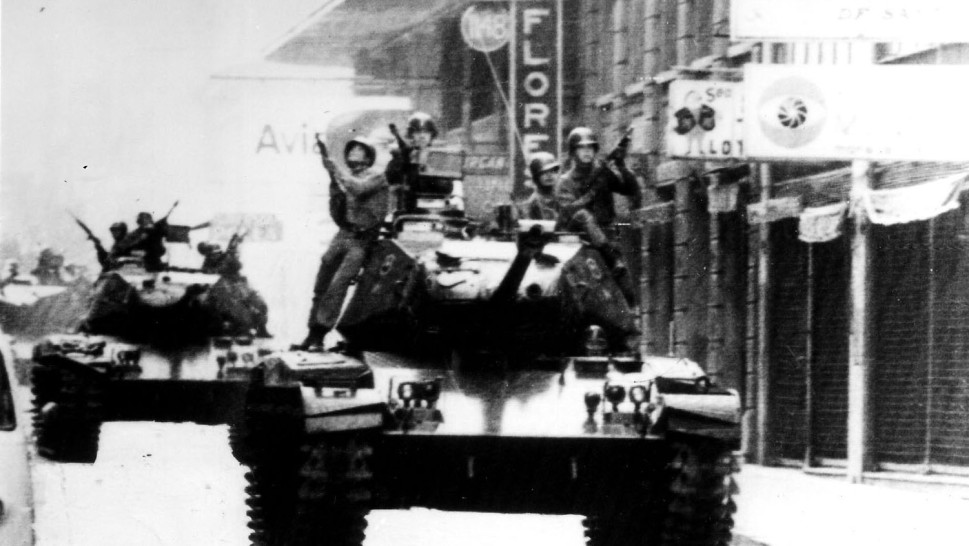
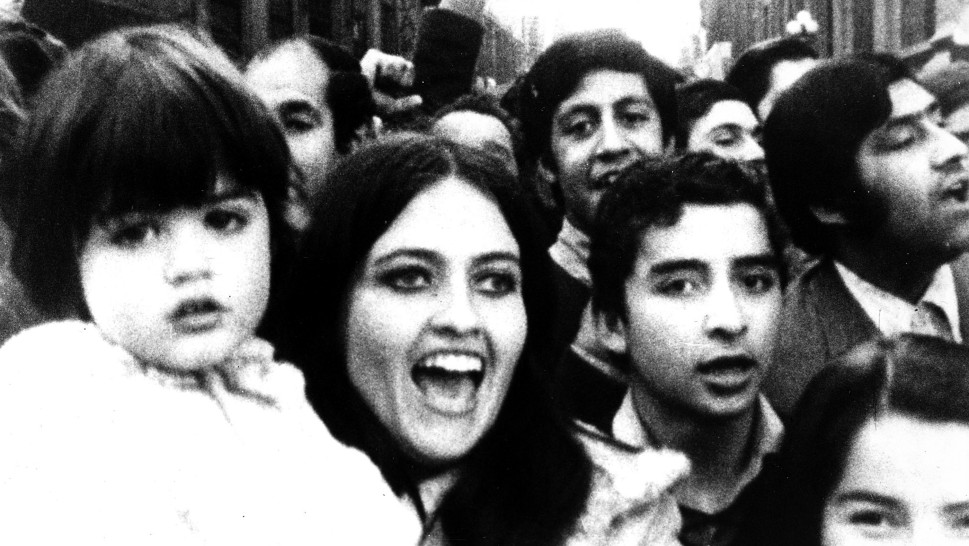
Chile Año Cero / Chile Year Zero
The September 11, 1973 coup d'état that violently overthrew visionary Socialist leader Salvador Allende had a transformational impact on Chilean filmmaking. Among the first acts imposed by Pinochet was, in fact, the closing of the film bureau, Chile Films, which dealt a major blow to the vibrant state-supported New Chilean Cinema that had flourished since the late 1960s, led by pioneering directors such as Aldo Francia, Miguel Littín, and Raúl Ruiz. Rather than ending the movement, the coup—and the brutal seventeen-year dictatorship that followed—inspired myriad inventive forms of resistance filmmaking that included but also went far beyond the modes of outspoken political documentary which to this day remain the best-known expressions of Chilean cinema.
As a coda to the expansive “remapping” of Chilean cinema offered last spring, this program focuses on films made during the grim years that followed the coup d’état, whose fiftieth anniversary is being soberly recognized in Chile and around the world. Shot in Chile before and during the coup itself but completed in exile, Patricio Guzmán’s magisterial The Battle of Chile is perhaps the crucial example of cinema’s potential: a form of collective and communal memory that keeps alive events and individuals whose contested images would have otherwise disappeared. Equally crucial as the films made in exile are those extraordinary, lesser-known films directed in Chile during the dictatorship. Four of these are included in this series, the centerpiece of which is a visit by legendary Chilean documentarian Ignacio Agüero to present two courageously defiant short-form magnum opuses from the Eighties that sharply address the abuses of the totalitarian dictatorship. Agüero will also present his latest work, Notes for a film, which returns to the deeper roots of Chile’s cruel legacy of human rights abuses by inventively engaging the troubled history of European capitalist imperialism in the Southern Cone. – Haden Guest
